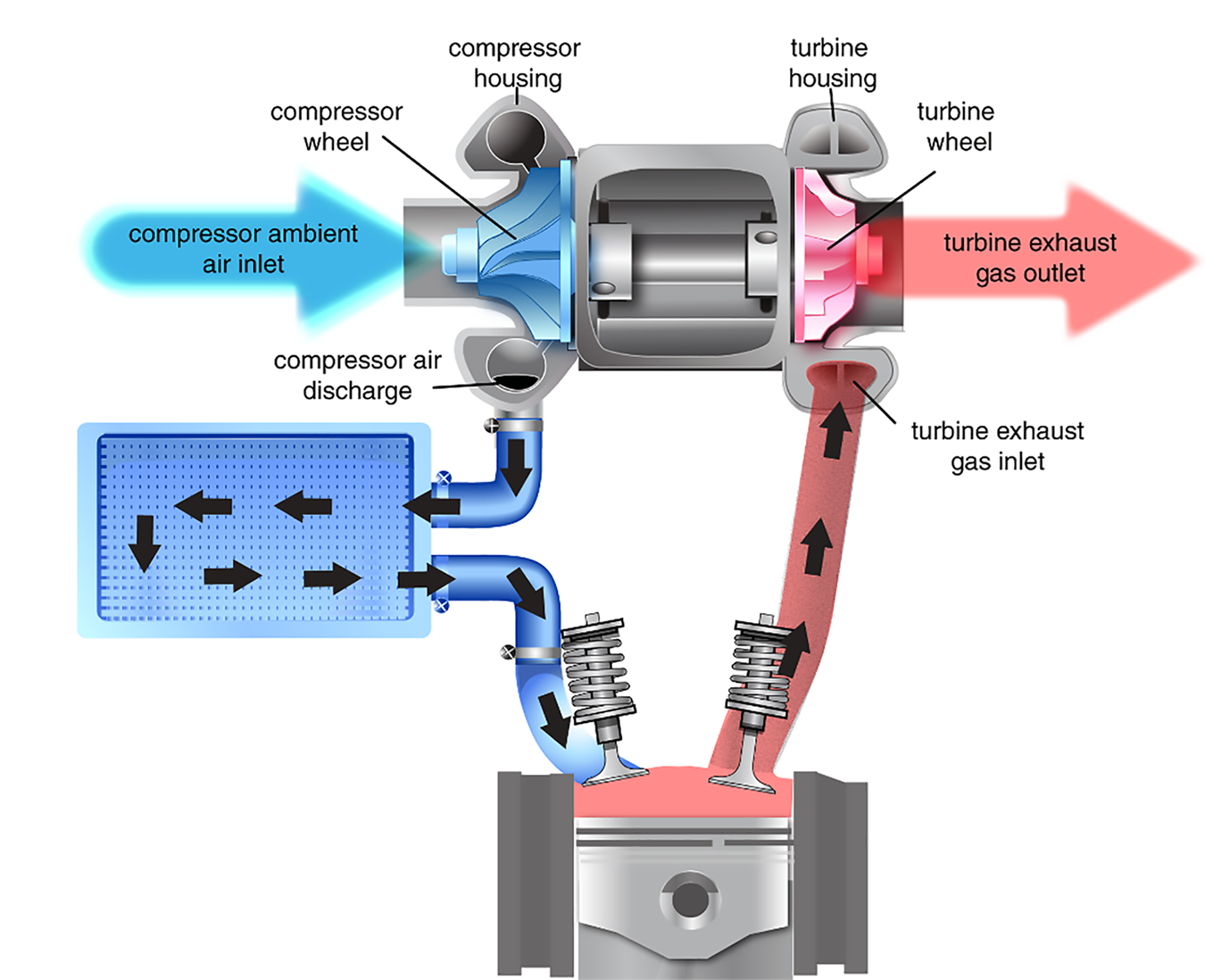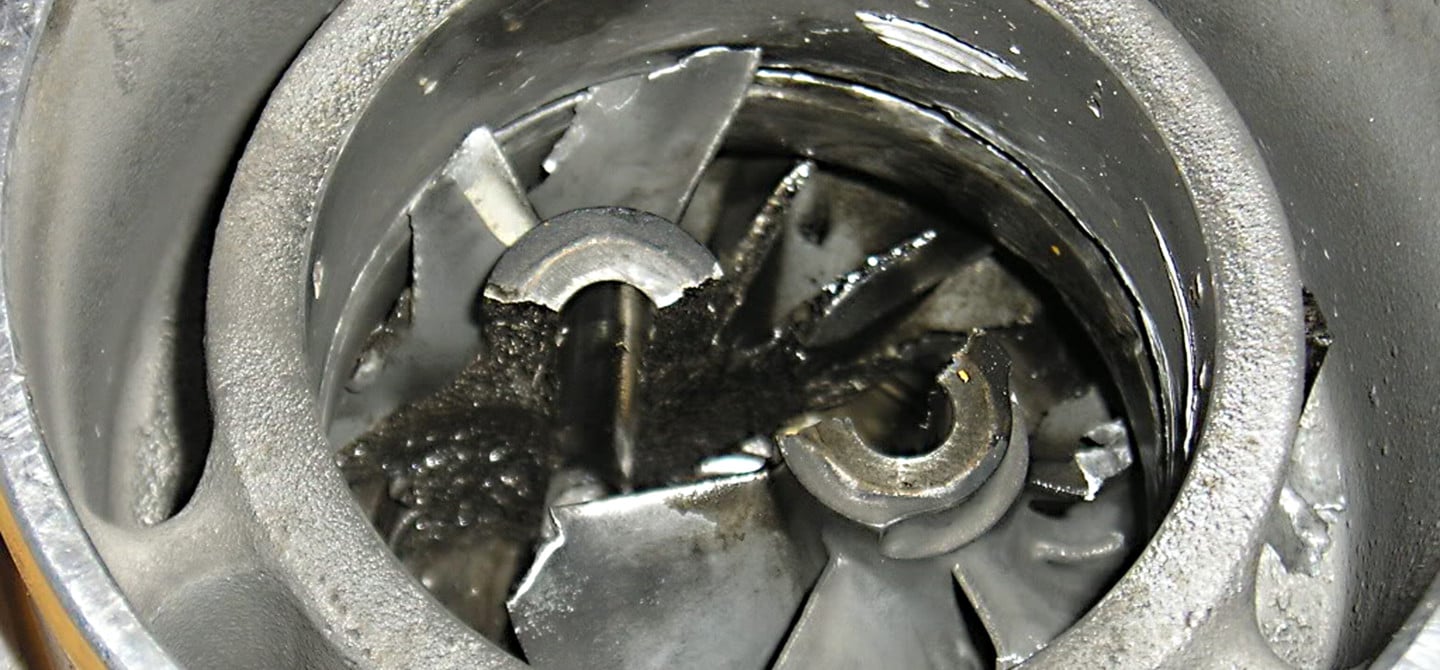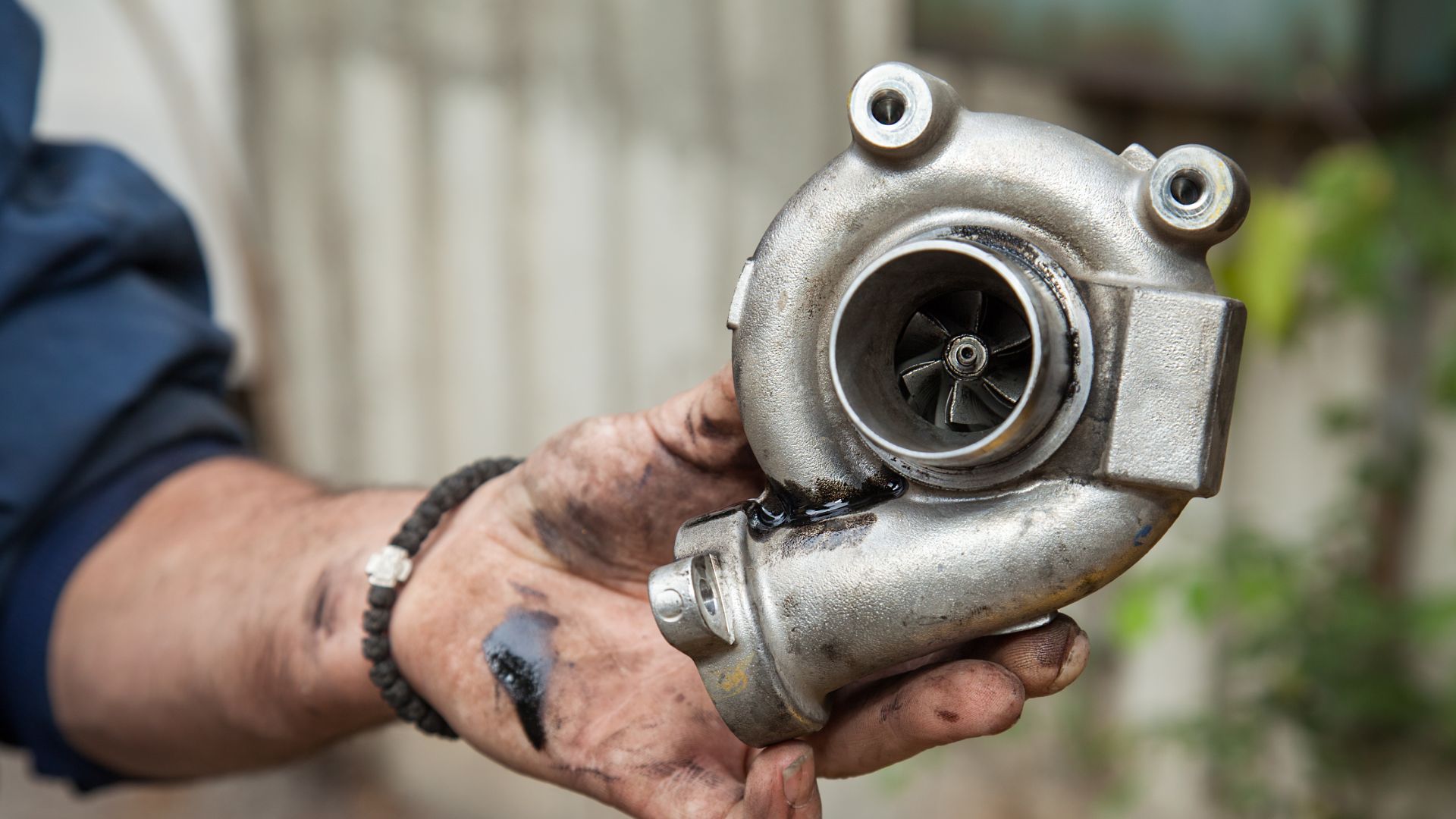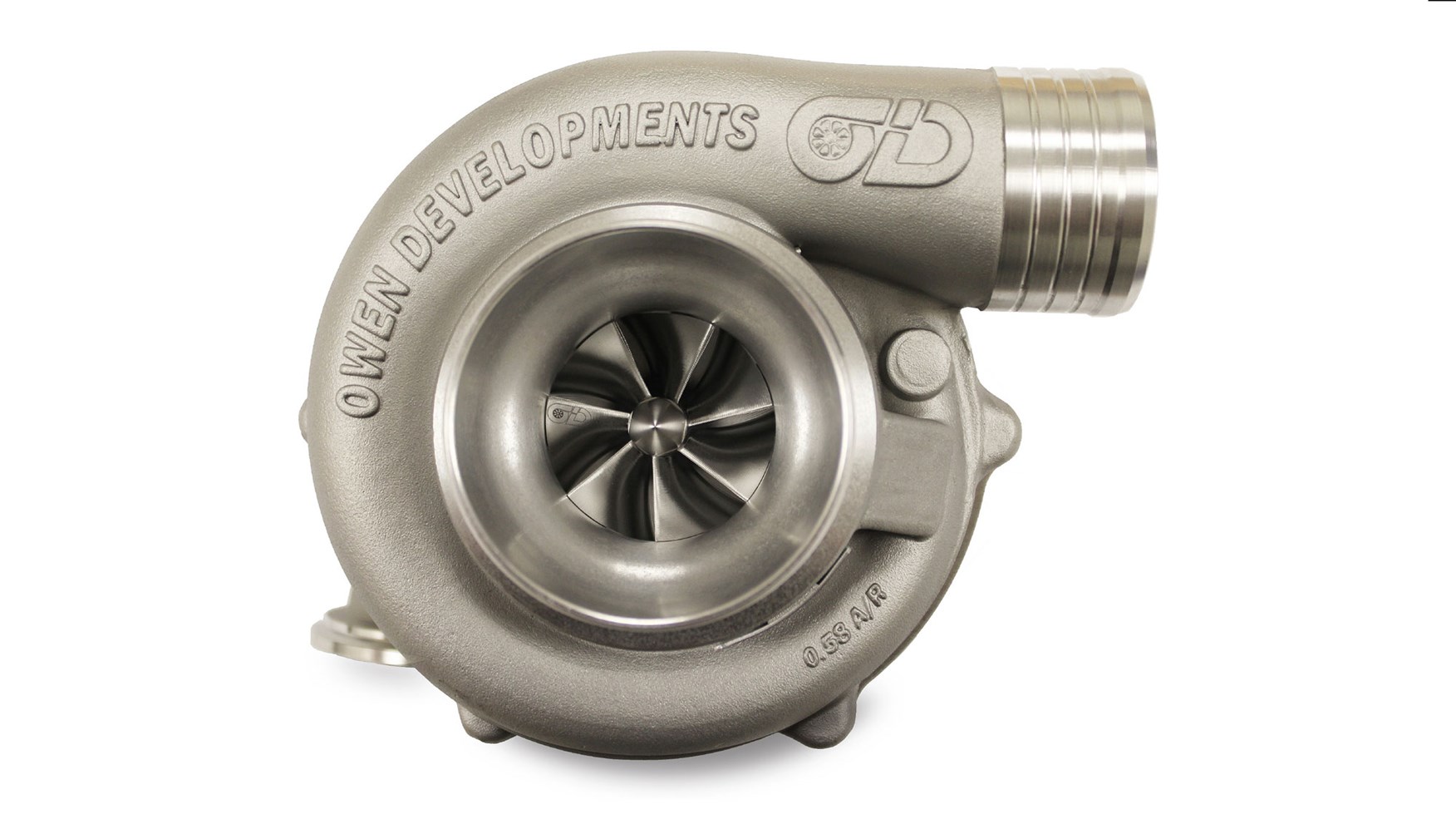Beautiful Tips About Does Turbo Ruin Your Engine

Does Turbocharging Really Spell Doom for Your Engine? Let's Investigate.
1. The Turbocharger Myth Debunked
Okay, let's get straight to it. The rumor mill loves to churn out stories about turbos turning engines into ticking time bombs. But is there any truth to the whispers? The short answer is, well, it's complicated. A turbocharger, in essence, is an air compressor. It forces more air into your engine, which means it can burn more fuel, resulting in more power. Think of it as giving your engine a double shot of espresso. What could possibly go wrong, right?
The problem isn't necessarily the turbo itself. The real issue often lies in how well the engine is designed to handle the added stress. An engine built with beefier components, better cooling, and proper lubrication can usually handle the extra boost without breaking a sweat. On the flip side, slapping a turbo onto an engine that's already on its last legs is a recipe for disaster. It's like asking grandma to run a marathon — not a great idea.
Another factor is maintenance. Turbos are precision pieces of engineering, and like any sophisticated piece of machinery, they need proper care. Neglecting oil changes, using the wrong type of oil, or ignoring signs of trouble can significantly shorten the lifespan of both the turbo and the engine. Think of it as your dental health, you don't want to skip your check up or you get a lot of tooth ache in the future.
Finally, driving style plays a crucial role. Constantly redlining the engine, engaging in aggressive acceleration, and neglecting proper warm-up and cool-down procedures can put excessive strain on the turbo and the engine. It's like constantly sprinting instead of pacing yourself — you'll burn out quickly. So, is a turbo inherently bad? No, but it demands respect.

Understanding the Stresses a Turbo Puts on Your Engine
2. Heat, Pressure, and Other Engine Enemies
Alright, let's dive a bit deeper into what a turbo actually does to your engine. The big thing to understand is that a turbocharger increases both the heat and pressure within the engine's cylinders. When you compress air, it gets hotter. This higher temperature, combined with the increased pressure from the combustion process, puts a lot of stress on components like the pistons, connecting rods, and cylinder head.
Think of it like this: you're turning up the thermostat inside your engine to the max. If the engine isn't designed to handle that extra heat, things can start to melt down. This is why engines designed for turbocharging often have features like stronger pistons, more robust connecting rods, and improved cooling systems.
Another consequence of turbocharging is increased cylinder pressure. The higher the pressure, the greater the force exerted on the engine's internal components. This can lead to things like piston ring failure, bearing wear, and even cracks in the cylinder head. Imagine trying to squeeze more water into a bottle that's already full — eventually, something's going to give.
However, modern engineering has come a long way in mitigating these stresses. Advanced materials, improved designs, and sophisticated engine management systems can help turbo engines run reliably for years. So, while the stresses are real, they're not insurmountable.

Maintenance is Key
3. Turbocharger Care
Now that we've covered the potential downsides of turbocharging, let's talk about how to keep your turbo and your engine happy. The golden rule is maintenance, maintenance, maintenance! Regular oil changes are absolutely critical. Turbochargers spin at incredibly high speeds, and they rely on clean oil for lubrication and cooling. Dirty oil can cause premature wear and even turbo failure. Think of it as brushing your teeth — do it regularly to prevent future problems.
Use the right type of oil. Not all oils are created equal. Consult your owner's manual to find out the recommended oil type for your turbocharged engine. Using the wrong oil can lead to inadequate lubrication and increased wear. It's like using the wrong kind of fuel in your car — it might run, but it won't run well.
Let the engine warm up and cool down. Avoid revving the engine immediately after starting it, especially in cold weather. Give the oil a chance to circulate and warm up. Similarly, after a hard drive, let the engine idle for a minute or two before shutting it off. This allows the turbo to cool down and prevents oil from coking inside the bearings. It's like stretching before and after a workout — it helps prevent injuries.
Pay attention to the warning signs. If you notice any unusual noises, smells, or a drop in performance, don't ignore it. These could be signs of a developing problem with the turbo or the engine. Get it checked out by a qualified mechanic as soon as possible. It's like ignoring a toothache — it's only going to get worse.

Modern Turbo Technology
4. Advancements in Turbocharger Design
The good news is that turbocharger technology has advanced significantly in recent years. Modern turbos are more efficient, more durable, and more reliable than ever before. For example, many new turbos feature variable geometry turbines (VGTs), which optimize airflow at different engine speeds. This helps to improve responsiveness and reduce turbo lag. Think of it as having a turbo that adapts to your driving style.
Another advancement is the use of improved materials. Modern turbos are often made from stronger, more heat-resistant alloys. This allows them to withstand the high temperatures and pressures generated by turbocharging without failing prematurely. It's like building a bridge out of stronger steel — it's going to last longer.
Engine management systems have also become more sophisticated. Modern ECUs (engine control units) can precisely control fuel injection, ignition timing, and boost pressure. This helps to optimize engine performance and protect against overboost conditions. It's like having a highly skilled pilot controlling the engine.
Finally, many manufacturers now offer extended warranties on turbocharged engines. This is a sign that they have confidence in the reliability of their products. So, while turbos still require proper maintenance, they are generally much more reliable than they used to be.

So, Does Turbo Ruin Your Engine? The Verdict
5. The Truth About Turbochargers
So, let's circle back to the original question: does a turbo ruin your engine? The answer, as you've probably gathered by now, is no — not necessarily. A properly designed, well-maintained, and responsibly driven turbocharged engine can be just as reliable as a naturally aspirated engine. In some cases, it can even be more reliable, thanks to advancements in turbo technology and engine management systems.
The key is to choose a vehicle with a turbocharged engine that is designed to handle the added stress. Look for engines with reinforced components, improved cooling systems, and sophisticated engine management systems. And, of course, follow the manufacturer's recommended maintenance schedule religiously. You don't need to treat your turbo like a delicate flower, but you do need to give it the respect it deserves.
Think of it like owning a high-performance sports car. It requires more attention and care than a basic commuter car, but it can also provide a much more rewarding driving experience. Similarly, a turbocharged engine can offer increased power and efficiency, but it also requires a bit more responsibility on the part of the owner.
Ultimately, the decision of whether or not to buy a turbocharged vehicle is a personal one. Weigh the pros and cons carefully, and consider your own driving habits and maintenance capabilities. But don't let the fear of engine failure scare you away from the benefits of turbocharging. With proper care and attention, a turbo can provide years of reliable performance.
